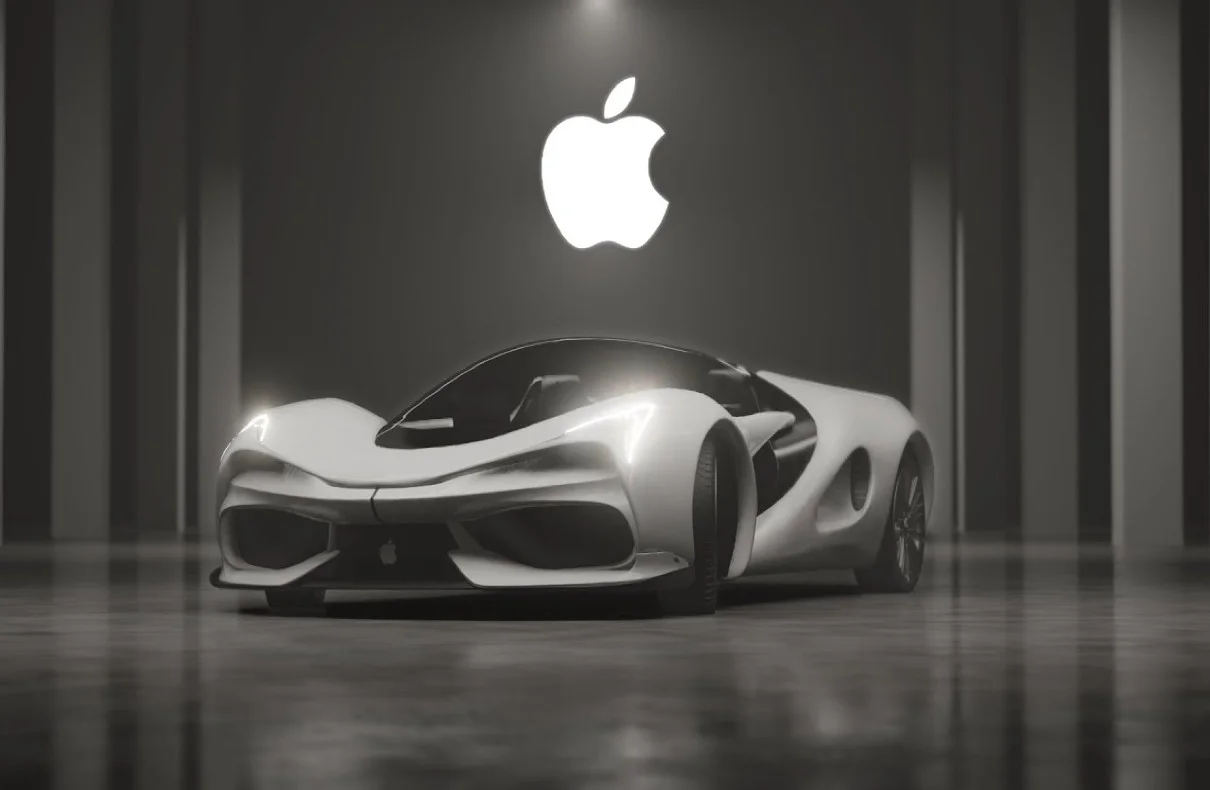The automotive industry has witnessed a wave of innovation and disruption, with electric vehicles (EVs) and autonomous driving technologies taking center stage. Apple, known for its groundbreaking products, had its sights set on revolutionizing the automotive industry with its own electric car project. However, after years of speculation and development, Apple made a surprising announcement: it was canceling its electric car project. This decision sent shockwaves through the industry and left many wondering what went wrong.
Apple’s foray into the automotive industry began nearly a decade ago, with rumors swirling about a top-secret project known as “Project Titan.” The company’s ambitious vision was to develop an electric car that would rival the likes of Tesla and disrupt the traditional automotive market. With its expertise in design, software, and consumer electronics, Apple aimed to create an EV that would seamlessly integrate cutting-edge technology and deliver a superior driving experience.
As rumors continued to circulate, it became clear that Apple was serious about its electric car project. The company assembled a team of experts from various industries, including automotive and battery technology, to work on Project Titan. The team, reportedly consisting of around 2,000 employees, embarked on an ambitious journey to develop a revolutionary electric vehicle.
Apple’s Warning: Don’t Put Your Wet iPhone in Rice
While Apple’s resources and expertise seemed promising, the road to building a successful electric car was not without its challenges. One of the major hurdles Apple faced was the development of autonomous driving technology. The company aimed to incorporate self-driving capabilities into its electric car, but perfecting this technology proved to be a complex and time-consuming task. Reports emerged of difficulties in testing and scaling autonomous driving systems, leading to delays and setbacks in the project.
As Apple continued to invest significant resources into its electric car project, the company’s leadership faced a critical decision. The market for electric vehicles was rapidly evolving, and competition was intensifying. Tesla, the leading player in the EV market, had already established a strong foothold and was continuously pushing the boundaries of electric vehicle technology. Apple needed to assess whether it could deliver a product that would truly differentiate itself in this competitive landscape.
In a surprising turn of events, Apple made the decision to shift its focus away from building a physical electric car and instead concentrate on autonomous driving technology. The company recognized that its expertise in software and artificial intelligence could be better leveraged in developing autonomous systems that could be integrated into existing vehicles. This strategic shift marked a significant departure from Apple’s original vision of creating its own electric car and signaled a new direction for the company in the automotive space.
The official announcement of Apple’s decision to cancel its electric car project came as a shock to many. The company’s CEO, Tim Cook, addressed employees in an internal meeting and revealed that the project would be discontinued. The news sent reverberations throughout the automotive industry and left employees who had been working on the project uncertain about their future roles within the company.
The cancelation of the electric car project was a rare public setback for Apple, which has a track record of success in bringing innovative products to market. The company’s decision to abandon its electric car ambitions raised questions about its ability to disrupt new industries outside of its core expertise. However, by shifting its focus to autonomous driving technology, Apple demonstrated its agility and willingness to adapt to changing market dynamics.
Putting Wet iPhones in Rice: Is It a Good Idea?
Apple’s entry into the automotive industry was met with great anticipation and speculation. Many believed that the company’s brand power and technological prowess could disrupt the traditional automotive market. However, with the cancelation of its electric car project, Apple’s impact on the industry remains uncertain. The move highlights the challenges and complexities of developing a successful electric vehicle, even for a company as formidable as Apple. Nonetheless, Apple’s continued investment in autonomous driving technology underscores the growing importance of self-driving systems in the future of the automotive industry.
Apple’s foray into the electric car market serves as a valuable lesson for both established automakers and tech companies looking to enter the industry. The development of electric vehicles and autonomous driving technology requires a deep understanding of the complexities involved, as well as substantial investments in research, development, and testing. Additionally, the ability to adapt and pivot in response to changing market conditions is crucial for success in this rapidly evolving landscape.
Despite the cancelation of its electric car project, Apple’s interest in the automotive industry is far from over. The company’s continued focus on autonomous driving technology suggests that it sees great potential in this area. As the automotive industry continues to undergo a technological revolution, the convergence of technology and transportation is likely to create new opportunities for innovation and disruption. Apple, with its vast resources and technological expertise, will undoubtedly be a player to watch in the future of mobility.
